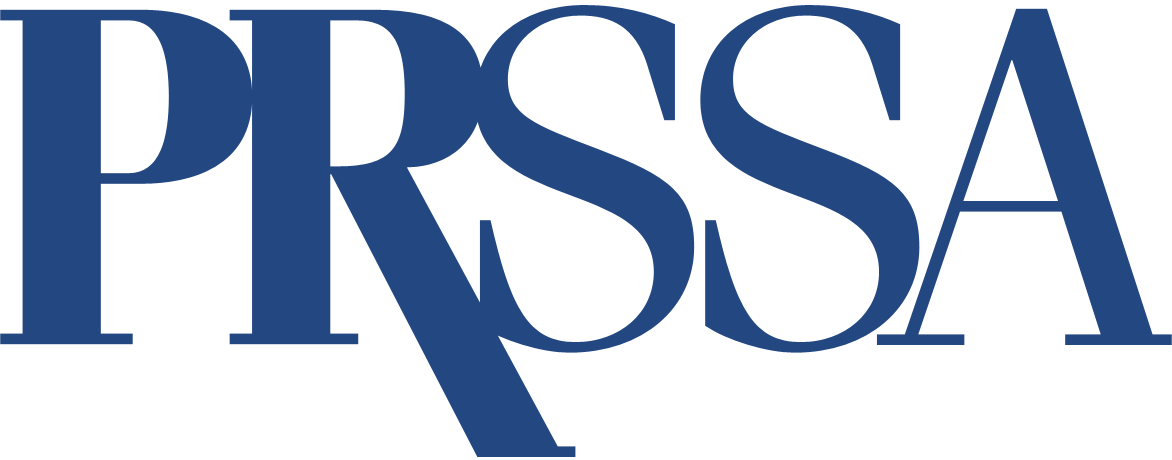As a Chapter Adviser, you make PRSSA possible through your dedication to students and education.
If you want to share ideas, discuss challenges or connect with other leaders, check out these opportunities below. Informal sessions throughout the year to exchange ideas and best practices with other Advisers across the country. Save the dates and times and simply join using the links below (no registration required).
2025-2026
Virtual Coffee Chat With Gemma (Faculty Adviser Session)
Catch Up With Katie (Professional Adviser Session)
Faculty and Professional Adviser Session with Katie and Gemma (Joint Adviser Session)
October 28: Will be held during ICON 2025
You can also connect with other Chapter leaders through the Faculty Adviser and Professional Adviser Google Group and through PRSSA social media. In addition, the International Committee members and PRSSA Headquarters are here to support you and field questions.
Interested in the National Professional Adviser Position?
The National Professional Adviser application for the 2026-2028 term is now open. You can find more details about what this position entails in this cover memo and you can find the application here.
Resources for Faculty Advisers
Meet the National Faculty Adviser
- PRSSA Faculty Adviser Tips Handbook (PDF)
- Engage with Professional Adviser (PDF)
- Learn how to submit dues
- Deadlines: March 1 and Nov. 1
National Faculty Advisory Council
The National Faculty Advisory Council works closely with the PRSSA National Faculty Adviser and National Headquarters.
- Alisa Agozzino, Ph.D., APR
- Kristie Byrum, Ph.D., APR, Fellow PRSA
- Kimberly Choto
- Kenneth Hagihara, APR, Fellow PRSA
- Dr. Christie M. Kleinmann, APR
- Karen Norton
- Kate Stewart, Ph.D.
- Chiaoning Su
Resources for Professional Advisers
Resources for PRSSA Chapter Recruitment and Tips for Running a Chapter
We also recommend the following tools and information provided by PRSSA to strengthen Chapters.
- Tools for Chapter Leaders — Get help with recruitment, fundraising, student-run firms, Chapters, District Conferences and your PRSA relationship.
- Student Recruitment Materials and Tips — Downloadable materials to use with your Chapter.
- Champions for PRSSA — A resource to find speakers and mentors for your Chapter.
- Community Service Fact Sheet
- PRSSA Student-run Firm Tip Sheet

